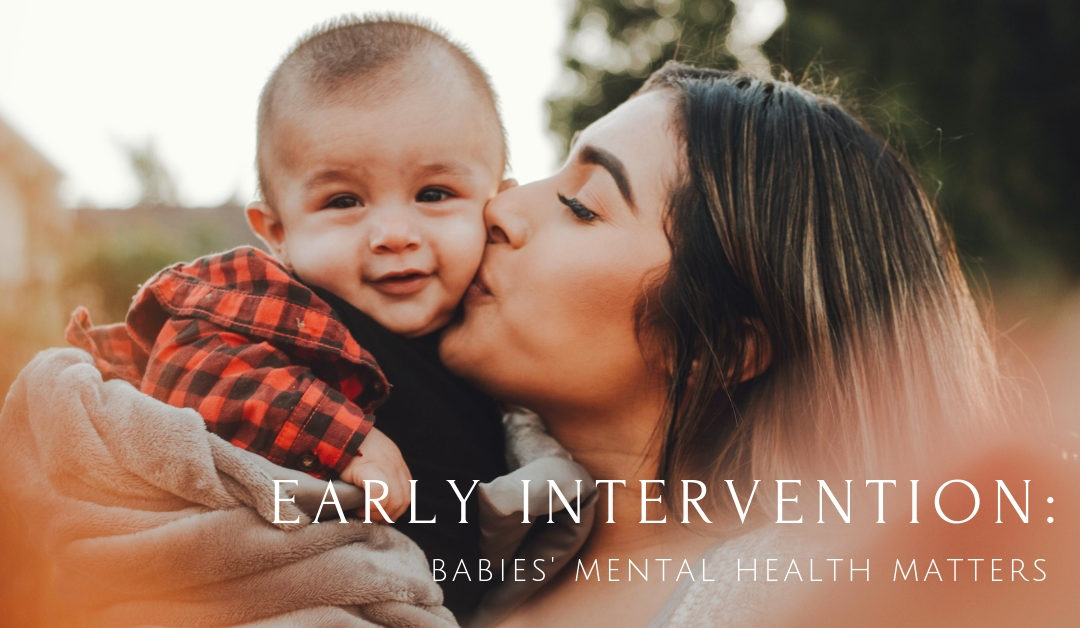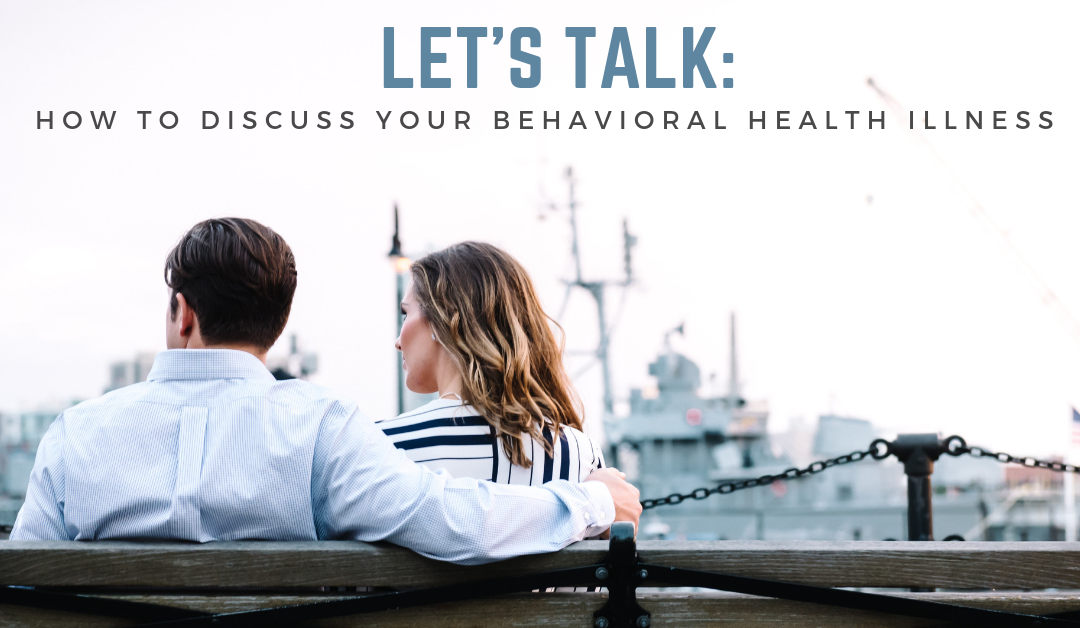
Early intervention: Babies’ mental health matters
When talking about mental health, you may only think about it affecting adults and older children, right? Did you know that babies can struggle with mental health challenges, as well?
As babies, the way we are cared for builds the foundation for our social and emotional development. The way we are treated as infants teaches us about who we are, and this strongly shapes who we will become.
It’s crucial for parents to build a strong foundation for social and emotional development during the first three years of an infant’s life because it’s on this foundation that future learning and relationships will be built. Below, we offer tips on how to promote strong, positive mental wellness in your young child.
Engage in affectionate and nurturing interactions
Holding, singing, rocking or talking to infants are interactions that might seem natural to parents. But, these exchanges are more fundamental to a child’s development than one might know. These connections provide your child with the stimulation his or her growing brain needs. Positive interactions send messages to your baby that he or she is valued. As a result, your child will grow up knowing to treat others in a similar manner.
Study your …

